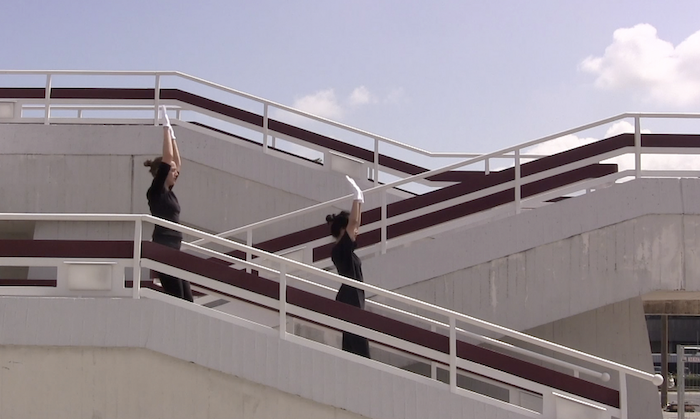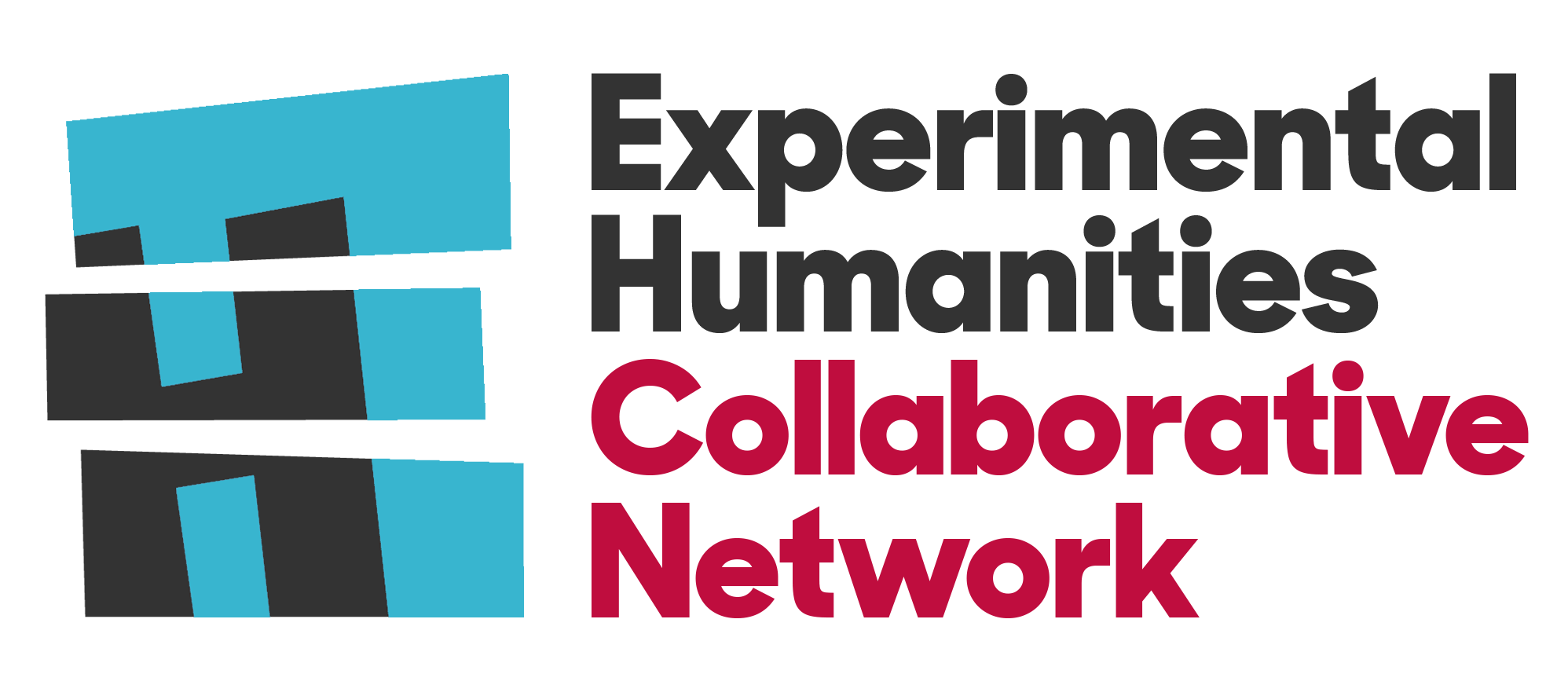
Welcome to Our new portfolio
Adina Sulumbekova
The American University of Central Asia (AUCA) Bishkek, Kyrgyzstan
Nargiza Maksatova
coming soon
Aidai Anvarbekkyzy
coming soon
Salkynai Emilbekova
coming soon
My Name, My Story
The givers and bearers of a name constantly look to both past and future to (re)interpret how that name fits into their understanding of the present. The value of names and their constantly negotiated meanings are well known to the citizens of contemporary Central Asia, who, over the past century, have lived through Soviet iconoclastic socialism, Russian and Soviet imperialism, and more recent national and Islamic revivalism. For both the Soviet state and newly independent (as of 1991) Central Asian states, names and renaming have offered opportunities to simultaneously throw off the weight of the past, restore tradition, and imagine alternate futures. For ordinary Central Asian citizens, names have also served these functions, but often much more as well. While citizens too have felt the urge to overcome and reclaim history, they also interpret and sometimes change their names to place themselves in society in ways more complicated than their states’ narrow dichotomy of modernity vs. tradition. To reveal how these naming practices speak to the region’s complex history and society, American University of Central Asia’s oral historians conducted the “My Name, My Story” project, which gathered oral history interviews from AUCA students and community members. Here we have curated those interviews along one theme—“Names and the State”—to show how various respondents have competed to represent themselves through naming with a sometimes demanding and intrusive state that sees itself as the protector of national culture or a creator of orderly modernity.
The modern state needs to “see” its inhabitants, and names are one way by which it identifies them.[1] To administer financial and social benefits, to register accreditations, to provide security for the population—in a word, to deliver all the services that enable modern, socially mobile, technologically advanced, urban life—a state has to register subjects as unique individuals in order to differentiate them from one another.
This individuating function of naming is most visible among our interviewees from Afghanistan, for whom social mobility in an integrated state is a relatively new phenomenon. These interviewees note the novelty of surnames and explain the innovative means by which they have chosen their surnames in a country that does not mandate a fixed process. By contrast, some interviewees from former Soviet Central Asia describe the imperial process by which Russified surnames were assigned to their grandparents as well as the more versatile ways in which they have been able to pick and change their surnames.
But apart from individuating subjects, the modern state also seeks to transform its inhabitants into modern and national subjects through naming. As we see in various cases in Kyrgyzstan, Tajikistan, and Afghanistan, the state, through its various bureaucracies and functionaries, pressures and sometimes even forces conformity to shifting gendered, national, and ostensibly decolonial norms. In Afghanistan, state figures, which our interviewees reference, have publicly discouraged surnames that purportedly place tribal belonging over national. In Tajikistan, a series of laws passed in the late 2010s has forced ethnic Tajiks to remove the Russian endings from their surnames in identity documents and replace them with “authentically” Tajik endings. In both Kyrgyzstan and Tajikistan, interviewees regularly note disputes between their parents or themselves and officials at the state registry of births office or passport office over the authentic spelling of their names and their proper gendering.
In each of these cases, we see how the state’s need to individuate, modernize, and nationalize its subjects forces individuals to make difficult choices in defining how they belong to their families, communities, and nations. In short, how they identify themselves. In choosing a surname or having their surname reassigned, interviewees face the possibility of being, at least on a nominal level, separated from their family, which in Central Asia remains one of the central loci of communal identity and social support. When the state or its sometimes-idiosyncratic functionaries insist on their own paternalistic vision of nationality, other visions of what it means to be an Afghan, a Kyrgyz, or a Tajik, or simply a member of a family, have to be compromised. When the state makes it difficult to change one’s name, it cuts off the ways a person might express newfound post-Soviet identities and pass those on as an inheritance to their children.
[1] James C. Scott, Seeing Like a State: How Certain Schemes to Improve the Human Condition Have Failed (New Haven: Yale University Press, 1998).



